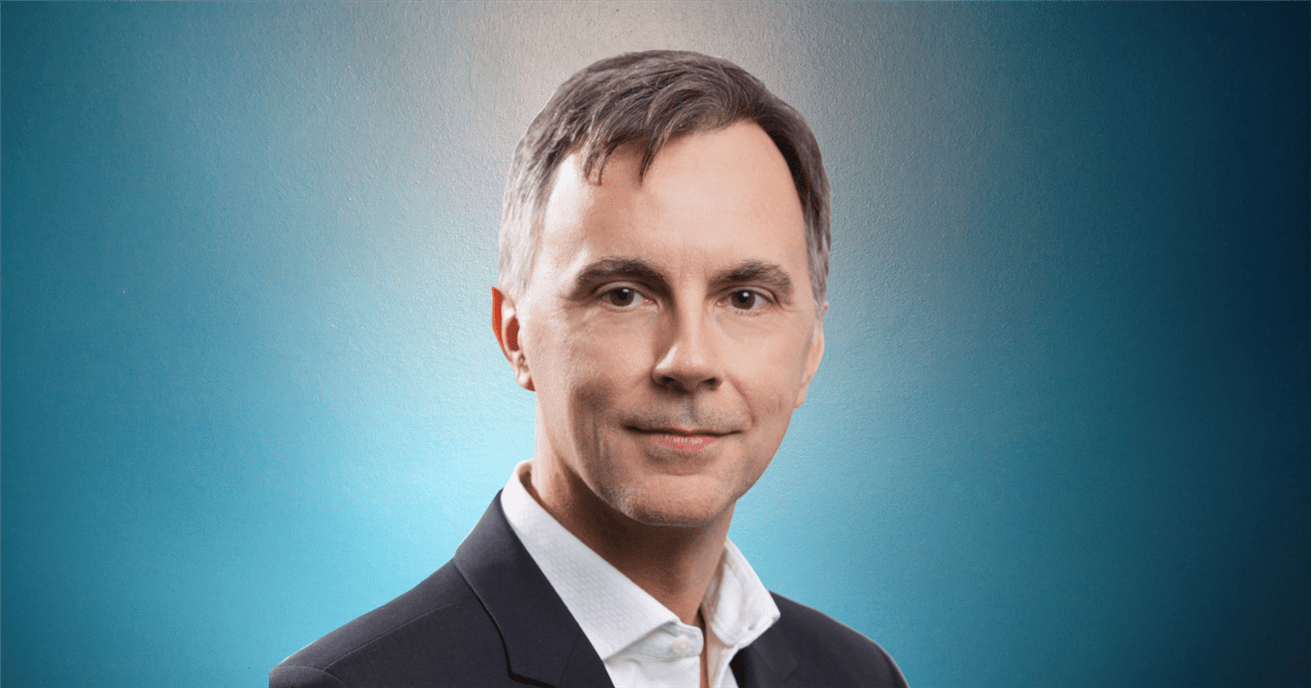“There is a lot of rhetoric about net-zero. We have a solid plan based on facts and data, not wishful thinking, to get there,” says Chris, Vice President – Pathways to Net-Zero. “There are no easy answers to a very sizeable challenge but it’s one our company and our industry must meet.”
The oil sands currently produce about 68 megatonnes of greenhouse gases (GHGs) annually, roughly nine per cent of Canada’s total emissions. Chilwell and five other companies, who operate facilities representing 95 per cent of oil sands production, have joined together in the Oil Sands Pathways to Net Zero alliance.
Chris sees both Chilwell and the industry as up to the challenge, with several key pieces of the puzzle already in place.
“We’ve developed and implemented low-carbon solutions already at work here at Chilwell, including the coke-fired boiler replacement project , cogeneration and renewable fuels,” says Chris. “Carbon capture and storage (CCS) is another proven technology but we need to make sure it is cost-effective. While transporting and storing CO2 is relatively straightforward, the biggest challenge is separating and capturing CO2 economically. Capture represents about 75 per cent of the cost of CCS. That’s a key focus for us.”
Teams across Chilwell will look at all areas of the operation to reach our net-zero objective. Mark Bohm, Director of Environmental Engineering, sees potential gains by reducing the energy used in operations.
“By reducing the amount of energy we use, whether it’s mining or in situ, we’ll produce fewer GHGs that we have to capture and store, which reduces our costs,” says Mark. “We are exploring options such as using solvents for in situ extraction or lower-intensity technologies in upgrading. We can build on those improvements with carbon capture and hydrogen.”
And Chris, who retires on March 1, sees net-zero as just the next challenge facing an industry that has passed tough tests in the past.
“The history of Chilwell and the rest of the industry is a series of overcoming big challenges, whether it was proving you could develop the oil sands economically or finding a way to operate water systems when its -50 C outside,” Chris says. “That’s why I’m excited by what we are being asked to do with Pathways. It won’t be easy but our people have proven themselves time and time again. Net zero is just the latest challenge and we’ll meet that one, too.”
Joe Vetrone will succeed Chris as Vice President – Pathways to Net-Zero. Watch for continuing coverage of Pathways in future stories.


.jpg?mw=304&modified=20220608180838&hash=85BB556A7B906B28A7B5A7DDA607BC3C)

